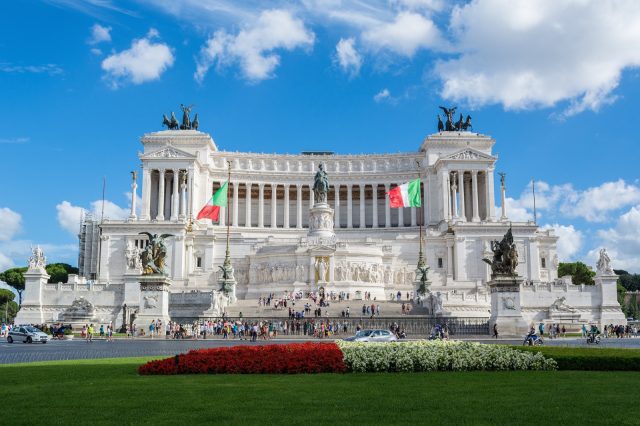
At the basis of a community there can only be fundamental and shared values, for which the primary vehicle – besides the family – can only be the school and the education system. A very important theme that has, in fact, been placed at the centre of one of the most interesting panels that will animate the debate within the European Congress on Family, in the context of the ECR Party Culture Weekend, to be held in Dubrovnik, Croatia, from 18 to 20 October. The title conceived by the organisers for this session of interventions could not be more evocative and topical, with a view to increasingly building a European Union that sees the Member states and its peoples at the centre: “Conservative Education for modern times: Reintegrating optimistic patriotism and unbiased excellence in European education”.
CONSERVATIVE EDUCATION
Moving from shared values to national and regional specificities, the role of education, and in this case of what is termed a “conservative education for modern times”, must become absolutely central again within European families. Nothing could be simpler than to look at how the values and spirit of the new European conservative forces can positively influence education and the way we educate in school as well as in the family. The loss of certain stereotypes or conformism in this case has the value of putting pure reasoning, free of superstructures imposed over the past decades, back at the centre of the debate.
OPTIMISTIC PATRIOTISM
Suffice it to think how in our European society (I hope you’ll forgive the generalisation among the various specificities of the Member states) patriotism in its various forms is expressed by the national population almost always in a negative light or by linking it to situations of deep crisis. From the – ideological, instrumental and without any logical and historical sense – rejection of patriotism to identification with the nation only in the darkest moments of its history. The patriotic demonstrations during the most difficult periods of the Covid 19 pandemic are a case in point, as is the closeness that populations only manage to express on occasions of natural disasters or great national misfortunes. In return, it is easy to be moved by the colours of the national flag when it is carried on the shoulders of Olympic athletes, or by national teams in some world championship. What one should instead strive for is an entirely different form of patriotism, one that is higher and purer and linked to hope and confidence in the ability of one’s nation and government to overcome obstacles and steer the state and society in the best of courses. A form of patriotism that is optimistic in nature, that can take root from education and quickly become the common basis of the European population. A patriotism that is not intermittent and linked to misfortunes or great sporting achievements, but that generates and engenders in society a climate of trust and hope in one’s own nation, without lapsing into exhibitionism or blatant and boisterous stances, which serve no purpose in the context of instilling optimism and optimistic patriotism in the European community.
ELIMINATING THE BIAS IN EXCELLENCE
A possibility that has just been expressed, which could however break against a wall of indifference if certain prejudices and biases in the definition of excellence are not overcome. One cannot think of evaluating and rewarding excellence without unhinging from the very foundations the canons that anti-conservative education has devised to define it. This is why the work to be carried out, which will certainly also be expressed and assessed at the meetings in the European Congress on Family, can only start from education and the presence of the family in this process. In this sense, the role that the family must take on within education is central, especially in order to make more and more natural the values that can lead to overcoming prejudices in assessing and defining standards of excellence.



 Subscribe
Subscribe